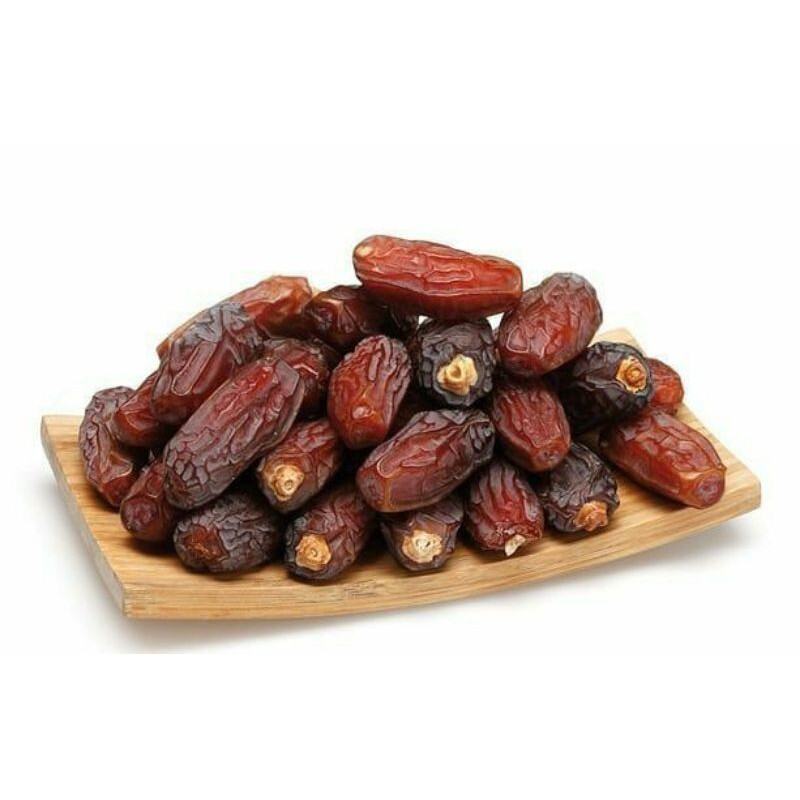Pemborong Kurma: Packaging Requirements for Dates

Introduction
In the vibrant wholesale date market, pemborong kurma (date wholesalers) play a crucial role in meeting the demands of retailers and consumers. One important aspect of the wholesale date industry is packaging. In this blog post, we will explore the specific packaging requirements for dates in the wholesale market. Understanding these requirements is essential for wholesalers to ensure the freshness, quality, and appeal of their products.
Protecting Freshness and Quality
Ensuring Food Safety
Food safety is of paramount importance in the wholesale date market. Dates are consumed directly by consumers, and any contamination or exposure to harmful substances can pose significant health risks. Therefore, packaging requirements often include measures to ensure food safety. Packaging materials should be non-toxic, food-grade, and comply with relevant safety regulations. Additionally, packaging should be designed to prevent cross-contamination, such as using individual or partitioned compartments to separate different date varieties or flavors.
Labeling and Information
Clear and accurate labeling of date packages is essential for wholesalers and consumers. Packaging requirements often include labeling guidelines that provide important information about the dates. This information may include the date variety, country of origin, expiration date, nutritional information, and any relevant certifications, such as organic or fair trade. Clear and legible labels help consumers make informed choices and provide transparency about the product’s origin and quality. Wholesalers must ensure that their packaging meets the labeling requirements set by regulatory bodies to avoid any legal or compliance issues.
Appealing and Eye-Catching Design
In a competitive market, packaging design plays a significant role in attracting consumers’ attention and influencing their purchasing decisions. Wholesalers often invest in visually appealing and eye-catching packaging designs to differentiate their products and create a lasting impression. Colors, graphics, and branding elements are carefully chosen to convey the quality, freshness, and uniqueness of the dates. Packaging that stands out on store shelves and conveys a sense of premium quality can help wholesalers capture consumer interest and drive sales.
Sustainable Packaging
As sustainability becomes increasingly important in the food industry, there is a growing emphasis on environmentally friendly packaging solutions. Wholesalers are encouraged to adopt sustainable packaging practices to minimize waste and reduce their ecological footprint. This may involve using recyclable or biodegradable materials, reducing packaging waste through thoughtful design, or exploring innovative packaging alternatives. Sustainable packaging not only aligns with consumer preferences but also demonstrates a commitment to environmental responsibility.
Conclusion
Packaging requirements for dates in the wholesale market are essential for maintaining the freshness, quality, and safety of the products. Wholesalers must consider factors such as protecting freshness and quality, ensuring food safety, accurate labeling, appealing design, and sustainability when selecting packaging options. By meeting these requirements, pemborong kurma can enhance the marketability of their dates, build trust with consumers, and contribute to a sustainable and thriving wholesale date industry.
Key Highlights
– Packaging plays a crucial role in preserving the freshness and quality of dates.
– Packaging materials should provide a protective barrier against external elements.
– Food safety is a priority, and packaging should comply with relevant regulations.
– Clear labeling provides important information and transparency for consumers.
– Eye-catching packaging design helps capture consumer interest and drive sales.
– Sustainable packaging practices are increasingly important in the industry.
– Meeting packaging requirements enhances marketability and builds consumer trust.